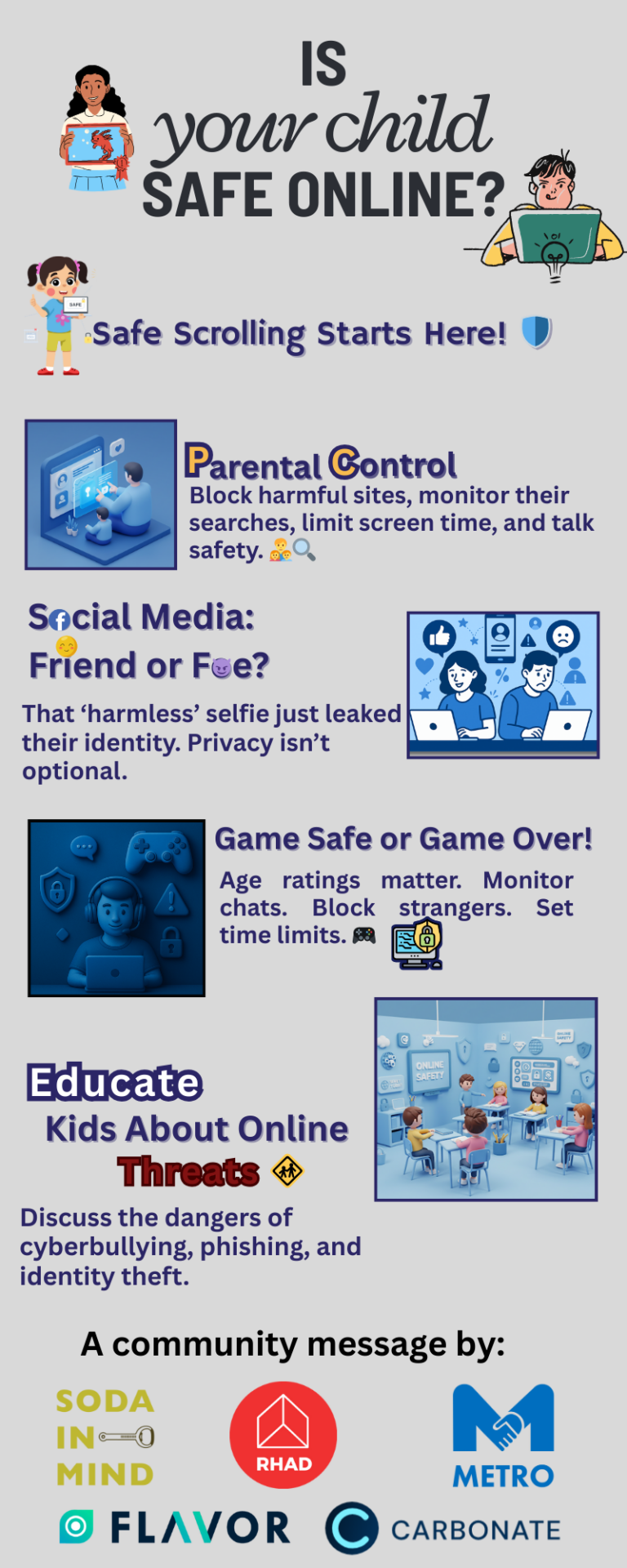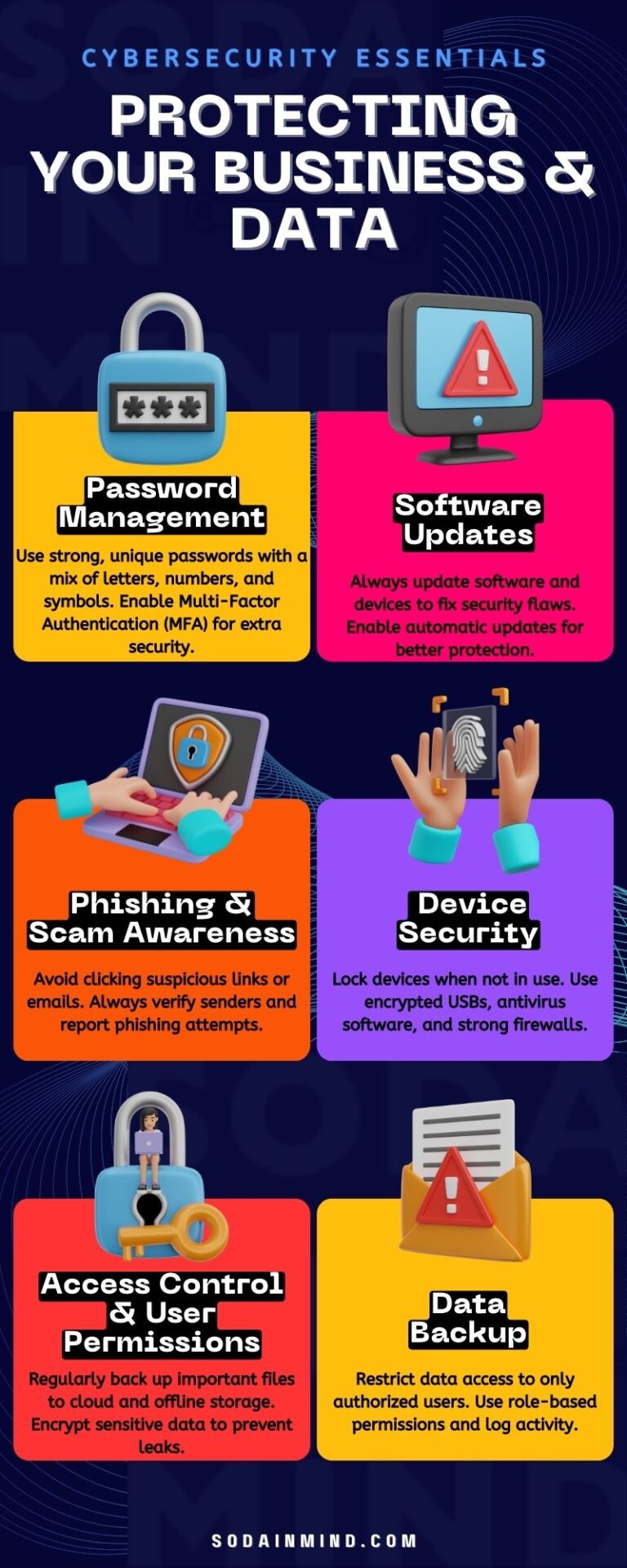They both have different procedures, different objectives and different areas of focus.
When marketers deal with social media marketing, marketing activity is generally situated within social media channels (as the name suggests). What this actually means is that content that has been produced (including ads) are launched within the platforms that we know and love (such as Instagram, Facebook, LinkedIn and more).
Content marketing, on the other hand, focuses marketing activity typically within a brand’s website or microsite. Marketers that work with content marketing usually make use of social media as an avenue for distributing links that bring people back to the content page rather than using social media platforms to contain the content in and of itself.
The types of content used by social media marketing and content marketing also differ.
In social media, published content has to fit within the context of the channel which the marketer has chosen. For example, in Twitter, messages have to fit within the 140 character range.
Another example is in the way in which Facebook is often used to launch quizzes or contests. Contrast this with the way content generated within a content marketing context is generally based more on demand, usually involving longer forms of content, such as infographics, blog posts, ebooks… etc.
Social media marketing has two key goals: customer retention and brand awareness.
In social media marketing, discussions and activities that revolve around the brand are generated for the purpose of spreading brand awareness through social media platforms/networks.
Over and above that, customers generally have the ability to initiate direct contact with the brand through social media platforms. If, for instance, customers have questions about the brand’s product, they can contact the brand via Twitter.
One of the main purposes of content marketing, however, is to attract potential customers to the brand’s site through quality content in order to build a relationship with them. This is also to bring customers through the funnel towards a purchase or a lead conversion.
Because it is an important part of the marketing mix (especially today), many brands focus on social media marketing and understanding it can help brands reach out to and engage with new customers as well as learn through data that has been gathered.
It can also work really well when paired with another marketing tactic. Content marketing can be that tactic, adding value for prospects by generating and sharing great content which can then amass huge followings from among target audiences and also educate and even entertain them.
Quality content can also help increase a brand’s search ranking (SEO- search engine optimisation) and reinforce a brand’s strengths with regards to brand awareness.
So which marketing channel is best? You may be wading into subjective waters by trying to answer that question. It can be subjective because it also depends on specifics such as how you operate your business and what your main goal is.
*We are a UX-focused team of developers and designers. Our goal is making our products understandable at any level. The result is web and mobile applications that take minutes to learn and are easy to implement in any company, big or small. Find out more about Soda In Mind here















